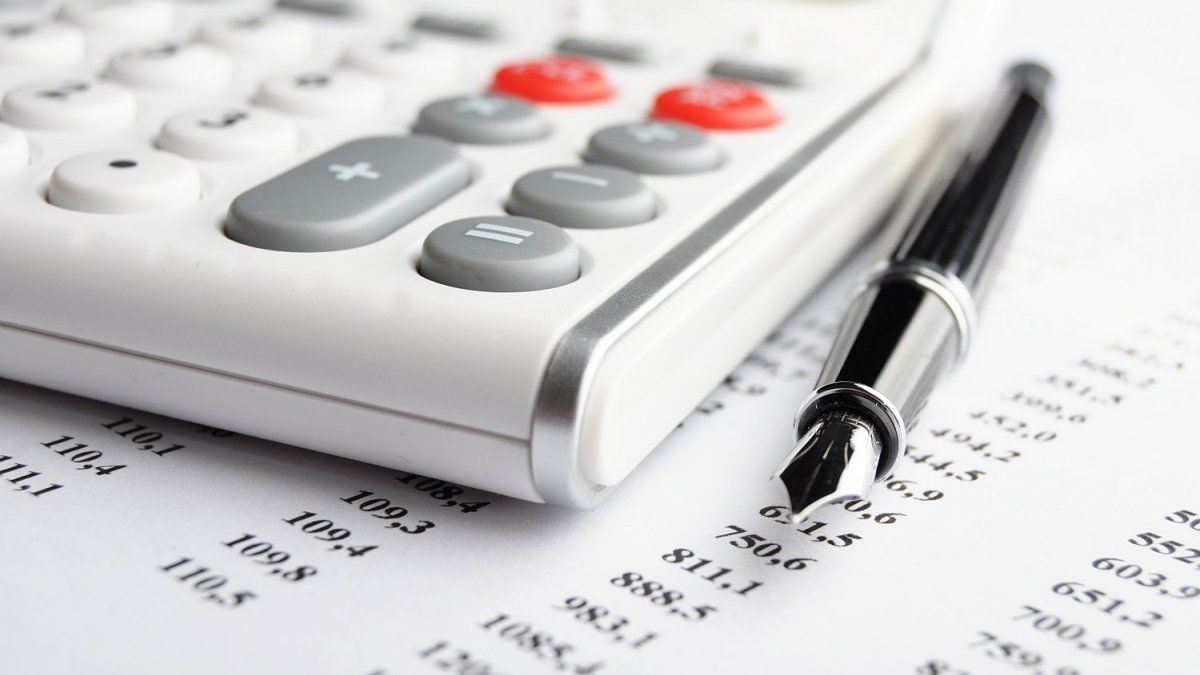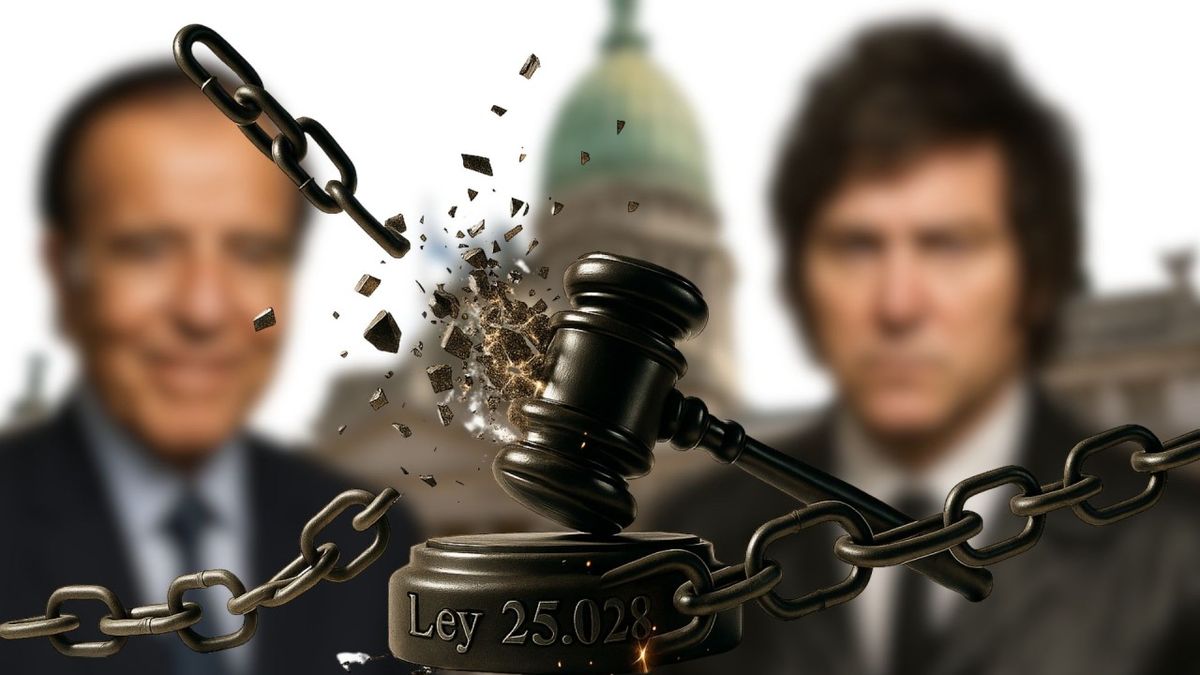The Federal Public Revenue Administration (AFIP) He specified certain additional guidelines that financial institutions must observe for the proper application of due diligence procedures to foreign accounts in the country..
The measure taken through General Resolution 5537/2024, published today in the Official Gazette, is in line with the OECD Common Filing Standards.
Conditions for entering the money laundering process
Previously, AFIP has set new registration rules for residents and non-residents who want to join the money laundering process and conditions to avoid paying fines. It did so through General Resolution No. 5,528 published in the Official Gazette.
Residents “must have a Unique Labor Identification Code (CUIL), Identification Code (CDI) or Unique Tax Identification Code (CUIT) with administrative status “Active: without limitations.”
They may also have the following categorizations: “Limited due to Lack of Registration in Taxes/Regimes” or “Limited due to Lack of Filing of Affidavit” or “Limited due to Lack of Movement and Employees in Affidavit” or “Limited due to Non-Compliance with Electronic Control Actions.”
Non-resident subjects who were Argentine tax residents will have to designate a person responsible who will manage the registration through the service with the tax code “Registral System”.
In another order, for the purposes of proving ownership, possession, holding or custody as of December 31, 2023 and the valuation of the regularized assets, the reliable evidence and/or supporting documentation established in each case must be provided, along with the regularization affidavit, in accordance with the guidelines established in this annex.
On the other hand, the AFIP determined that “cash that is regularized under the money laundering procedure and that is deposited and/or transferred to a Special Account for Asset Regularization will be excluded from the calculation base for determining the taxable base of the Special Regularization Tax, nor will it be included in the taxable base of the Special Regularization Tax.
He added: “If the funds deposited in these accounts are transferred to any other account before December 31, 2025, the Special Regularization Tax will be payable, through a 5% withholding.
Consequently, “if the funds deposited in said accounts do not comply with the requirements or are not used for any of the investments and/or purposes, they must pay 5%.”
Free money laundering alternatives
Likewise, this week the AFIP, the National Securities Commission (CNV) and the Ministry of Economy detailed the alternatives so that the goods or money being laundered are free of charge.
The details are as follows:
- Declare assets of any kind worth up to US$100,000.
- Declare cash until 9/30/2024, inclusive, which must be deposited or transferred to a Special Asset Regularization Account and kept until 12/31/2025, inclusive, if it exceeds US$100,000 or until 09/30/2024, inclusive, if it does not exceed said amount.
- It will also be free of charge when the declared funds, regardless of the amount, are used, within the dates indicated above, to pay the special tax or to any of the investments authorized by the regulations.
The investments authorized to date (more could be added in the future) are the following:
- Public securities issued by the National (including BOPREAL), Provincial, Municipal States and/or the Autonomous City of Buenos Aires.
- Shares placed through a public offering authorized by the CNV.
- Negotiable bonds with public offering authorized by the CNV.
- Shares of closed-end mutual funds, placed through a public offering authorized by the CNV.
- Participation certificates or debt securities of trusts placed by public offering authorized by the CNV, intended for the financing of MSMEs, and/or investment and/or financing in productive, real estate and/or infrastructure projects, to promote productive investment.
- Real estate projects initiated after the validity of Title II of Law No. 27,743, or with a degree of progress of less than fifty percent (50%) of the completion of the work at that time. It includes constructions, extensions, installations, among other works, in own or third-party properties. This benefit will be maintained even when changes are recorded in the investments within the admitted options, provided that the funds and/or negotiable securities are maintained, and/or in the case of cash, for a limited time, in the special regularization accounts and/or special regularization client accounts.
- In the case of externalized cash, for an amount of up to US$100,000, it may also be used – until 30/9/2024, inclusive – for duly documented onerous operations.
Source: Ambito




